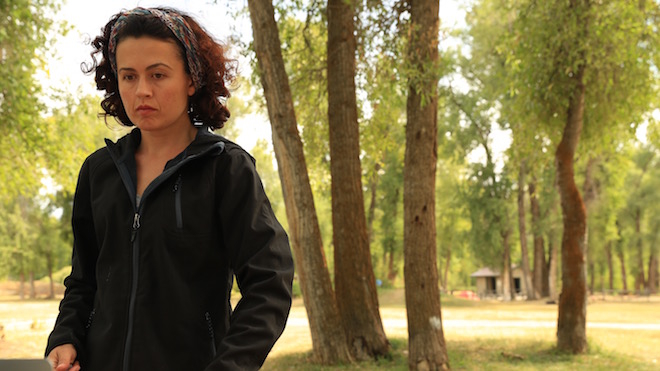
Individual Counseling
Why So Serious In Counseling
People thinking about going to counseling often have a preconceived notion that the therapy process will be a grim and serious endeavor. Actually many counselors cultivate the image and probably do spend the majority of sessions straight faced and inhabiting a role of what they believe to be professional. One of the popular refrains I hear from friends and acquaintances is that therapy is supposedly about getting to the root of problems and then solving them. Problems are serious, so therapy naturally needs to be serious right?
A lot of different groups have had a hand in the creation and maintenance of this myth. When I think about why they have done so I always go back to the challenge this field has always faced to seem legitimate next to some of the more objective sciences, or even medicine, where symptoms and treatment are physical and can usually be visibly seen. Spending a session joking around or in a light mood can make the endeavor seem less scientific.
Yet there is an inherent truth in counseling that many people miss, and this is that the relationship between counselor and client almost always becomes a microcosm for their larger worlds and relationships. We each bring our own experiences, worldviews, and values into the room and as we begin to forge an authentic relationship we cannot help but relate to each other in a similar way as to how we relate to others in our lives. Psychology is a human science, and if you miss the real person sitting in front of you with the wide range of experiences and emotions including being funny, laid back, and carefree, you have missed the real person.
A cool part of the counseling process is that interaction during therapy can inform the other areas in one’s life, and vice versa. What I learn and talk about during counseling I can apply to the rest of my life, and what I learn in the rest of my life I can apply to the counseling hour. They are parallel processes. So we have to ask ourselves what it really means to take life seriously if we want to take psychotherapy seriously.
For me being serious about living means being joyful, spontaneous, and open to the full range of human emotions and experiences including happiness, laughter, enjoyment, and the lighter side. Actually the lack of these aspects in a person’s daily life is often what causes him or her to seek psychotherapy in the first place. So how does it make sense to try to help effect change by creating the same sort of dour, lifeless, and intense atmosphere during the counseling hour that might dominate the rest of a person’s life?
Instead of solely focusing on eradicating problems, any good course of counseling focuses on opening up a space to talk about growth and development. It shows by example in the moment that it’s okay and in fact highly encouraged to enjoy life, to laugh, to find and appreciate irony, and to be able to relax and have fun. Many professionals seek to create a sterile, intense room. I prefer to try to create a real relationship and a real world instead of hiding behind a serious, professional facade. The best way to find out who people are is to establish a space where they can be themselves.
I am quite serious about the theory and practice of psychology and how to use psychological knowledge to improve life. All of my inquiry and thought has led me back to the same conclusion, which is that if you are really serious about the practice of life then you will learn to foster relationships characterized by joy, spontaneity, and a not so serious attitude.




